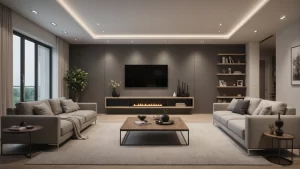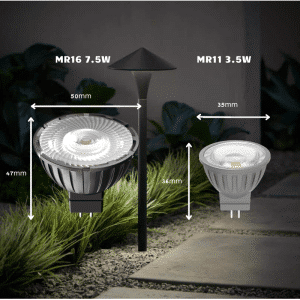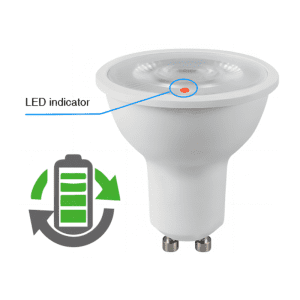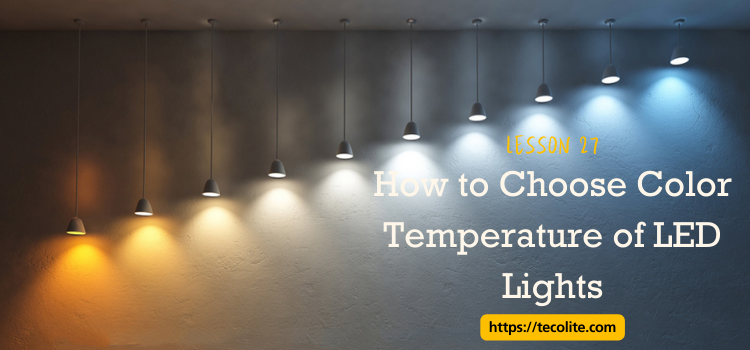
Color temperature is a crucial aspect of lighting that affects both the ambiance of a space and functional visibility. It’s measured in Kelvins (K) and describes whether a light source appears more yellowish-warm or bluish-cool. In this blog, we explore how to choose the right color temperature for different settings, how to change the color temperature of LED lights, and the benefits of using color temperature adjustable LED lights.
How to Choose the Right Color Temperature
Choosing the right color temperature depends on the intended use of a space. Here’s a quick guide:
- Warm White (2700K – 3000K): This range offers a cozy, calming glow often used in residential settings like living rooms and bedrooms. It creates a relaxed and welcoming atmosphere.
- Cool White (3500K – 4100K): With a more neutral white light, this range is suitable for functional areas such as kitchens, bathrooms, and offices where tasks are performed. It provides excellent visibility and a crisp environment.
- Daylight (5000K – 6500K): Mimicking natural daylight, this range is ideal for design spaces, large offices, or educational environments where high detail visibility is crucial. It helps stimulate focus and energy.
How to Change Color Temperature of LED Lights
With advancements in technology, changing the color temperature of LED lights has become simpler. Here are the methods:
1. Using Dimmable LEDs
Some LED lights are designed to change their color temperature when dimmed. These LEDs typically become warmer as they are dimmed, mimicking the behavior of incandescent bulbs. It’s essential to ensure that your LED is labeled as color temperature-changing or “warm dimming” before attempting this.
2. Smart LED Bulbs
Smart LED bulbs are a very versatile option. They can be controlled via a smartphone app or a smart home system. These bulbs offer the ability to adjust both the brightness and the color temperature. Users can select exact color temperatures for different times of the day or for specific activities, ranging from warm white to daylight.
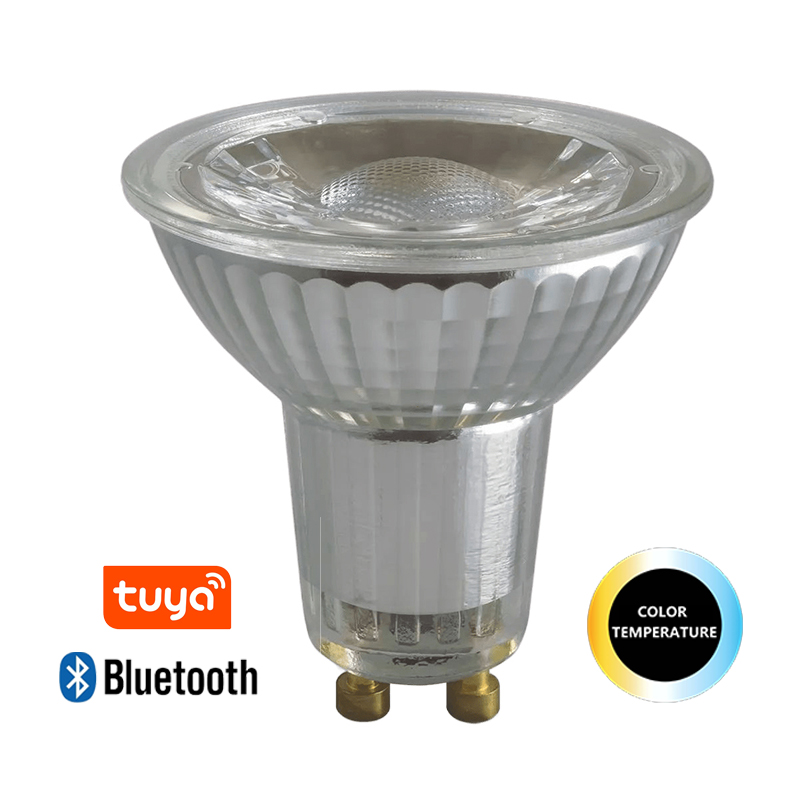
3. Color Temperature Adjustable Fixtures
These are LED fixtures built with the capability to adjust color temperature through internal controls. They might come with a remote control, wall switches, or even touch-sensitive panels that allow you to select and modify the color temperature as needed. These fixtures are ideal for environments where the lighting requirements change regularly.
4. LED Tapes or Strips
LED tapes and strips often come in tunable white options, where you can adjust the color temperature by blending cool and warm LEDs using a controller. This setup is perfect for under-cabinet lighting in kitchens, where both warm and cool lighting might be needed at different times.
5. TECO introducing 3-Steps CCT Dimming Spotlight
Color temperature adjustable LED spotlight bulbs are used in a wide variety of applications. These lights allow users the flexibility to customize the color temperature of their environment, matching the lighting to the task at hand, or the desired mood. For example, one might choose warmer lighting for a cozy dinner, and switch to higher temperatures for reading or performing complex tasks.
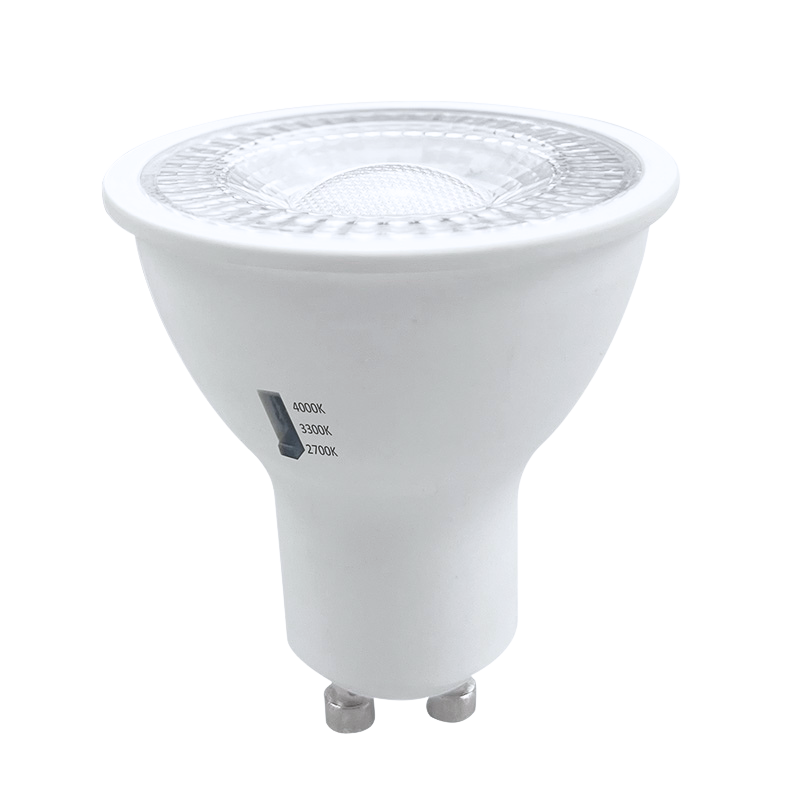
6. Tips for Selecting the Right Method
- Assess the Need: Consider why you need to change the color temperature. Is it for mood lighting, task lighting, or health reasons?
- Consider Compatibility: Ensure that your lighting controls and LED lights are compatible, especially when dealing with smart systems or dimmers.
- Check Energy Efficiency: While adjusting settings, make sure that your energy efficiency isn’t compromised. LEDs are valued for their low power consumption, and the right settings shouldn’t significantly impact this.
Conclusion
Understanding and controlling the color temperature of LED lights can significantly enhance the functionality and atmosphere of any space. With color temperature adjustable LED lights, you have the flexibility to tailor your environment to your specific needs, making it a smart investment for anyone looking to optimize their lighting solutions. Whether it’s for home, work, or play, the right lighting can set the perfect tone.

